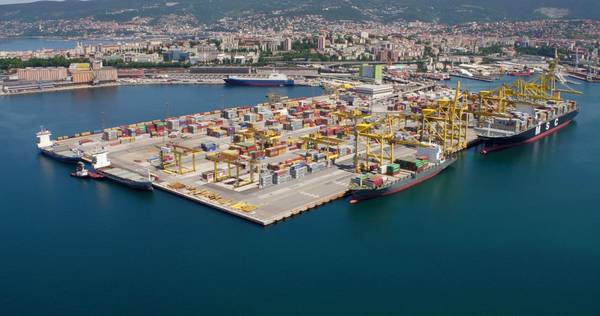Silk Road: ex-EC head, Italy started well, then fell asleep
'Tyrrhenian-Adriatic axis is necessary to magnetize trade'
08 July, 17:54The former president of the EU Commission added that the country has not yet been able to better manage the potential of the ports of Taranto and Gioia Tauro and exploit those of the northern airports.
According to Prodi, "two Port Authorities, one for the Tyrrhenian Sea and one for the Adriatic Sea, should have been set up for some time, to create a Tyrrhenian arrival arch (Livorno, Genoa, La Spezia and Savona up to Marseille) and an Adriatic arch (Ravenna, Venice, Trieste and Monfalcone, Fiume/Rijeka and Capodistria(Koper), strong enough to become a magnet for Europe-China trade." Today, however, he remarked, "the Silk Road both by sea and by land remains away in the North, and this just doesn't make any sense." "The Italian problem - said Prodi at the end his speech - is to show its greatness in front of greatness. Exactly what we are not doing now." (ANSA).














